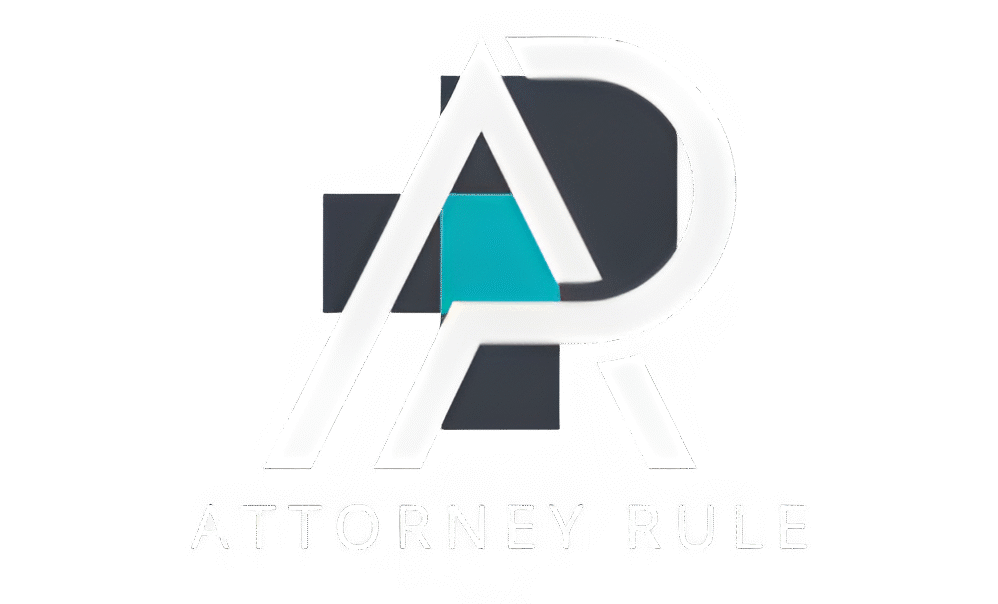In the intricate world of criminal law, concepts like intent and negligence often take center stage. But lurking in the shadows is a unique principle known as strict liability. This legal doctrine flips traditional notions on their head by holding individuals accountable for crimes regardless of their intent or state of mind. Imagine facing penalties for an act where you had no intention to cause harm. That’s the reality with strict liability offenses.
As society evolves, so do laws and legal interpretations. Understanding how strict liability fits into the broader framework of criminal justice can shed light on its significance—and its controversies. This exploration will take us through its history, real-life examples, and what it means for those caught in its grasp. Whether you’re a law student or just curious about criminal justice, get ready to dive deep into this fascinating topic!
The History and Evolution of Strict Liability
Strict liability has roots that stretch back centuries. Initially, the concept emerged in civil law to hold parties accountable for damages without needing proof of negligence or intent.
As societies progressed, so did legal frameworks. The 19th century saw strict liability making its way into criminal law. Courts began embracing the notion that certain offenses required accountability regardless of mental state.
The advent of industrialization played a crucial role in this evolution. With increased risks associated with machinery and public safety, lawmakers recognized the need for stricter regulations.
Over time, statutory laws incorporated strict liability principles into various offenses, especially those concerning health and safety violations. This approach aimed to protect citizens while simplifying prosecution processes.
Today, strict liability remains a pivotal aspect of criminal law, prompting ongoing discussions about fairness and justice within judicial systems around the world.
Examples of Strict Liability Offenses
Strict liability offenses can be found across various areas of law. One common example is traffic violations, such as speeding or running a red light. In these cases, the driver’s intent doesn’t matter; if they violate the law, they’re responsible.
Another area where strict liability applies is in environmental regulations. Companies that pollute waterways may face penalties regardless of whether they intended to cause harm. The emphasis here is on protecting public health and safety.
Health and safety laws often include strict liability as well. For instance, manufacturers are held accountable for defective products that lead to injury or damage, even if they followed all safety protocols during production.
Certain sexual offenses also fall under strict liability statutes in some jurisdictions. This approach aims to protect vulnerable individuals by eliminating the need to prove intent when establishing guilt.
Advantages and Disadvantages of Strict Liability
Strict liability in criminal law presents a mix of advantages and disadvantages that impact both the legal system and society at large.
One notable advantage is efficiency. By eliminating the need to prove intent, cases can be resolved more quickly. This saves valuable resources for courts, allowing them to focus on other matters.
Additionally, strict liability promotes public safety. Laws surrounding issues like environmental protection or food safety serve as deterrents against negligent behavior. The mere possibility of prosecution encourages individuals and companies to maintain higher standards.
However, there are significant downsides as well. Critics argue that it undermines justice by punishing individuals without proof of wrongful intent. This creates a risk of unfair treatment for those who may not have acted with negligence.
Moreover, strict liability can lead to overcriminalization, where minor infractions are treated harshly under the law. Such consequences strain relationships between communities and enforcing authorities.
Criticisms and Controversies Surrounding Strict Liability
Critics argue that strict liability undermines the fundamental principle of justice: culpability. When individuals face penalties without proof of intent, it raises ethical concerns about fairness.
Many believe that this legal approach disproportionately affects marginalized groups. Those with fewer resources often struggle to navigate complex legal systems, leading to harsh repercussions for minor infractions.
Additionally, critics point out potential miscarriages of justice. Innocent parties may be punished simply due to circumstances beyond their control. This creates a chilling effect on behavior and can lead people to avoid lawful activities altogether.
Controversy also arises around public safety versus individual rights. While strict liability aims to protect society from harm, some see it as an infringement on personal freedoms and responsibilities. Balancing these competing interests remains a contentious issue in modern criminal law discussions.
Comparing Strict Liability to Other Legal Concepts
Strict liability stands apart from other legal concepts like negligence or intentional torts. In negligence, a person must fail to act with reasonable care for liability to attach. This means intent plays a crucial role.
Intentional torts require proof of purpose behind an action. Here, the defendant consciously aims to cause harm. Strict liability does not concern itself with intention or recklessness.
Another key comparison is with vicarious liability. The latter holds one party responsible for another’s actions, typically within an employment context. Conversely, strict liability focuses solely on the act and its consequences.
These distinctions highlight how strict liability simplifies prosecution in certain offenses by removing the need to establish mental state while still ensuring accountability under law.
The Role of Intent in Strict Liability Cases
In strict liability cases, the concept of intent takes a back seat. Unlike traditional criminal offenses, guilt is not contingent upon proving that a defendant had malicious or reckless intentions.
Instead, the focus is solely on whether the prohibited act occurred. This can lead to convictions even when an individual did not intend to cause harm or break the law.
For example, in environmental regulations, companies may face penalties for pollution without any proof of intent to violate laws. Their actions alone determine responsibility.
This approach aims to promote accountability and deter harmful behavior. However, it raises questions about fairness and justice for those unwittingly caught in legal webs.
The absence of intent can create a chilling effect where individuals or businesses operate under constant fear of repercussions despite their best efforts to comply with laws and regulations.
Defenses Against Strict Liability Charges
Defending against strict liability charges can be challenging. However, there are several potential avenues for defense.
One common approach is the argument of lack of knowledge. If a defendant can prove they were unaware of certain facts that led to the offense, it may weaken the prosecution’s case.
Another possible defense lies in demonstrating compliance with regulations. Showing that all necessary precautions were taken at the time can help establish a reasonable effort to avoid harm.
Mistake of fact can also serve as a valid defense. If someone acted under an incorrect assumption that negated their responsibility, this could sway judgment in their favor.
Proving entrapment might apply in some scenarios where law enforcement induced unlawful behavior without prior intent from the accused. Each situation varies greatly and requires careful legal analysis tailored to specific circumstances.
Conclusion: Is Strict Liability Necessary in Criminal Law?
Strict liability in criminal law remains a contentious topic. On one hand, it serves as a deterrent against negligent behavior and ensures compliance with regulations intended to protect public welfare. The idea is straightforward: certain offenses should not require proof of intent to encourage individuals and corporations to act responsibly.
On the other hand, critics argue that punishing someone without considering their intent can lead to unfair outcomes. It raises ethical questions about justice and accountability. After all, should an individual face severe penalties for actions committed without malicious or reckless intentions?
The necessity of strict liability hinges on balancing societal safety with principles of fairness in the legal system. As laws continue to evolve, discussions surrounding its application are likely to persist. Understanding where strict liability fits within the broader framework of criminal law is essential for anyone navigating these complex issues.

